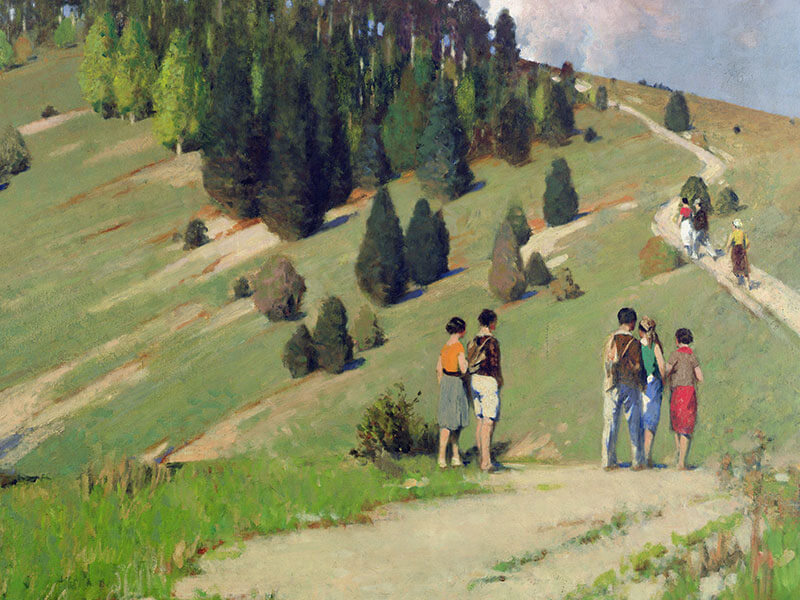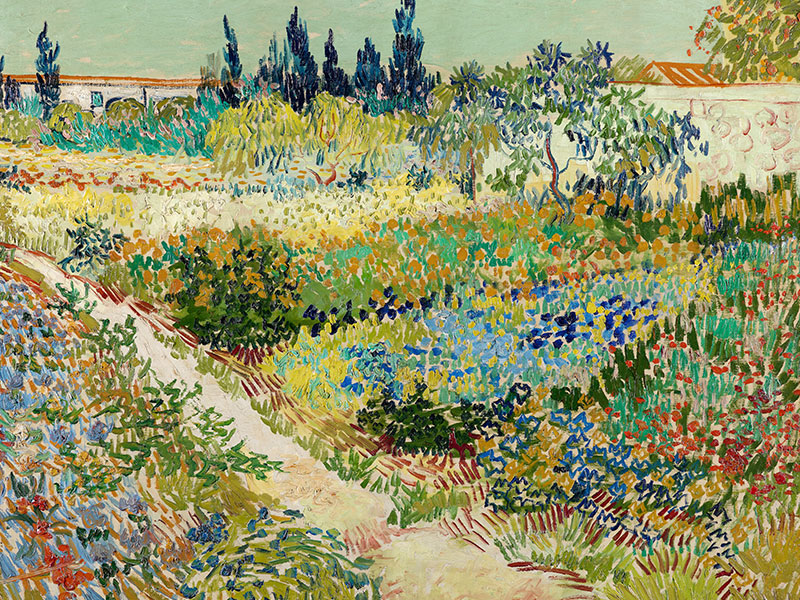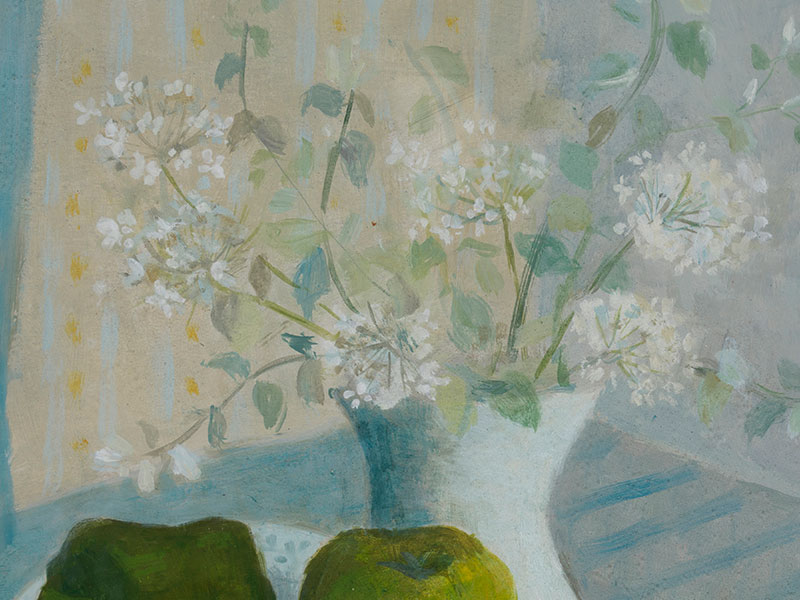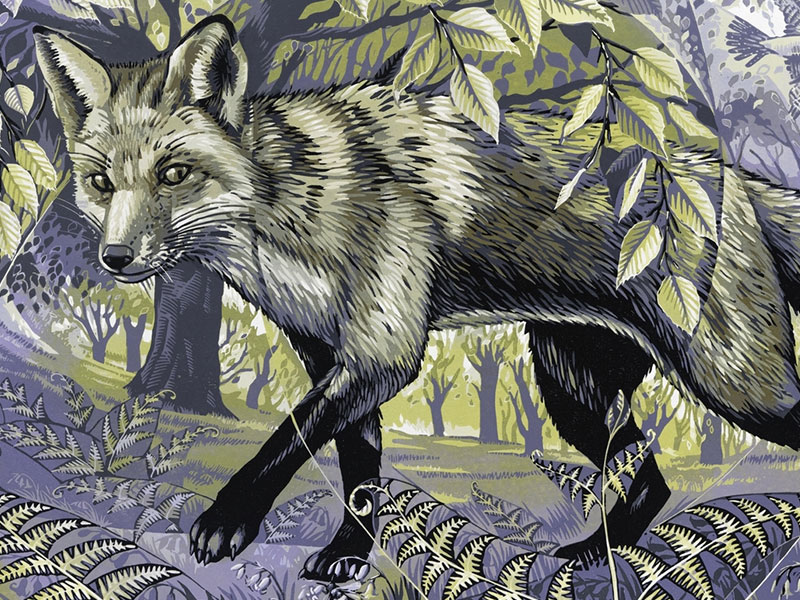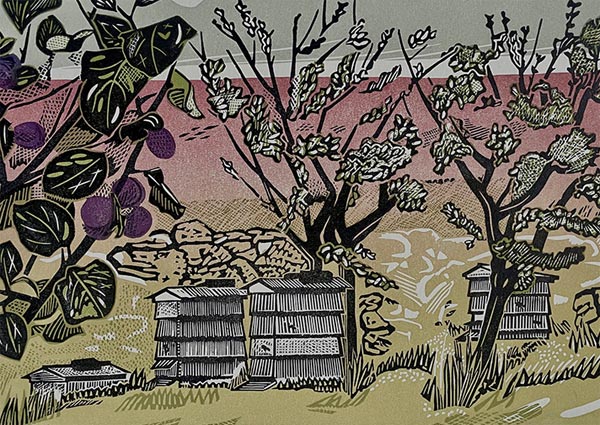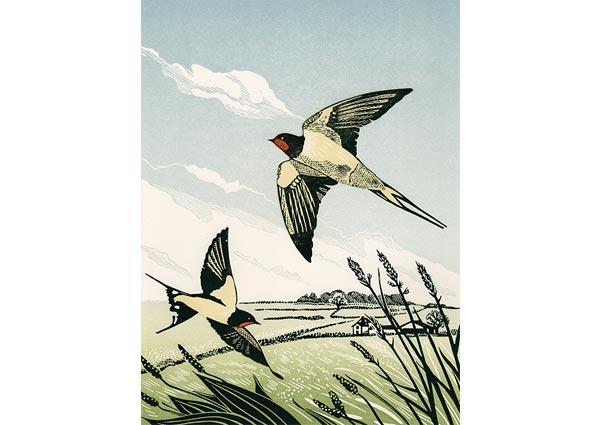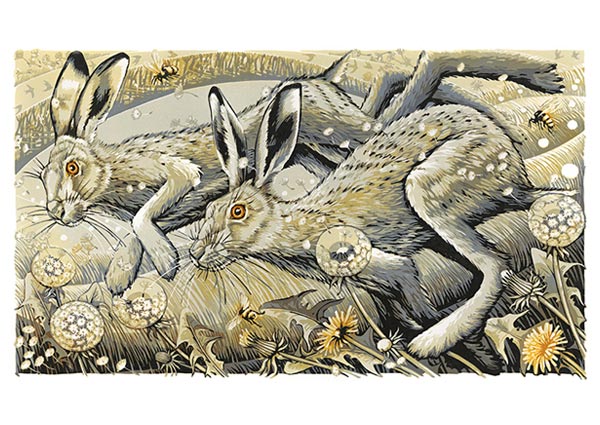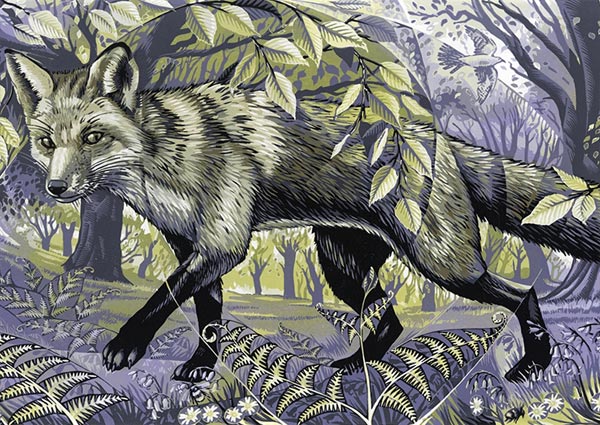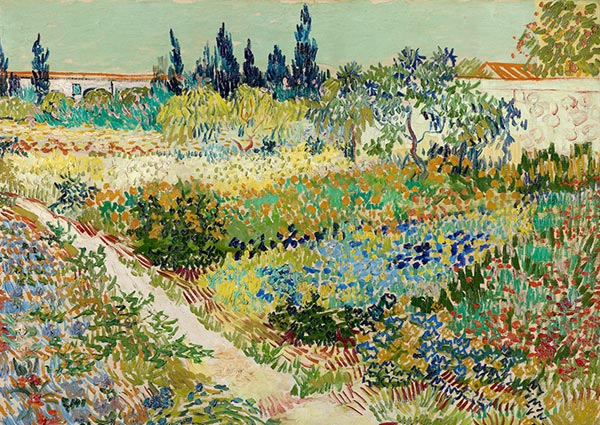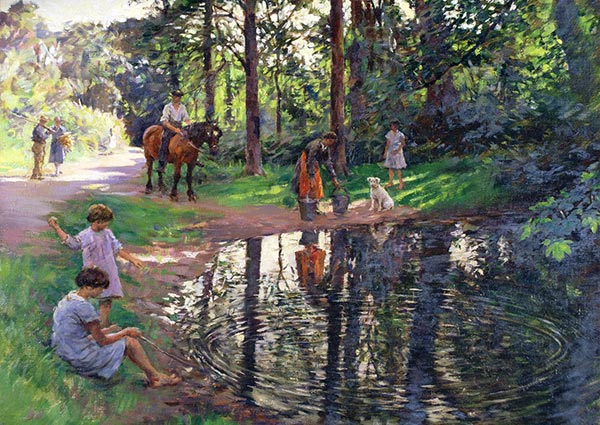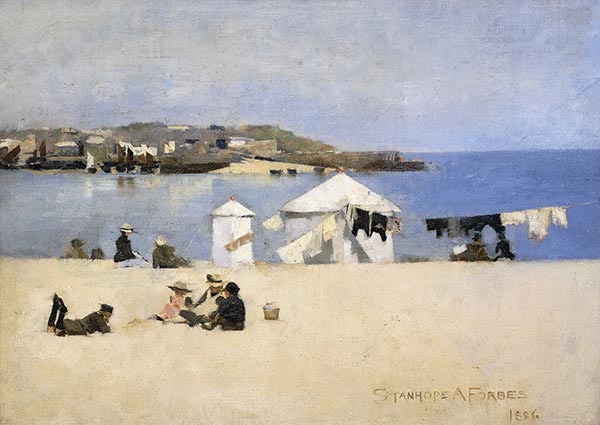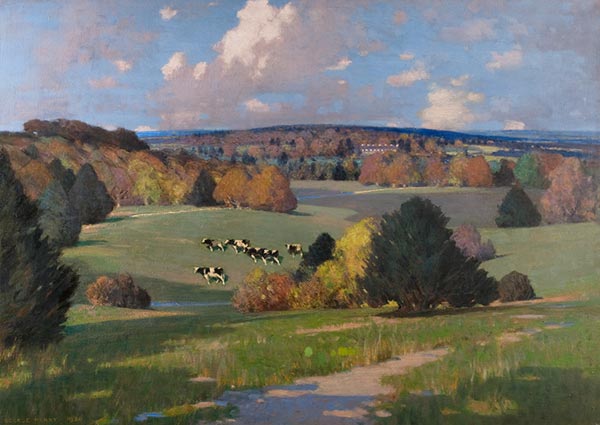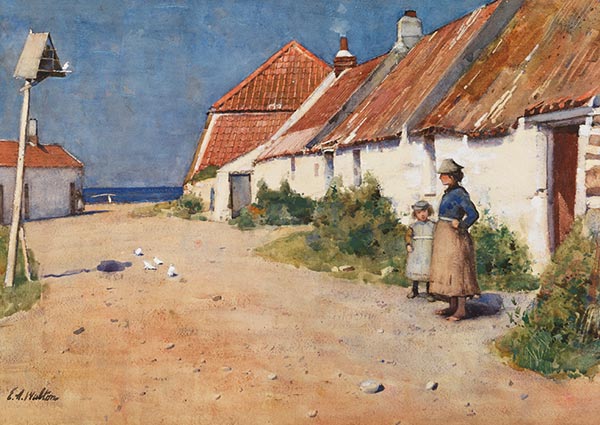Art Greeting Cards
Orwell Press Art Publishing are a Trade Supplier of Postcards, producing Fine Art Greetings Cards and Postcards of works by local, well known and established artists of Suffolk, Sussex, Oxford, Cambridge and London, as well as a selection of General Artworks.
New Greetings Cards
Featured Artists
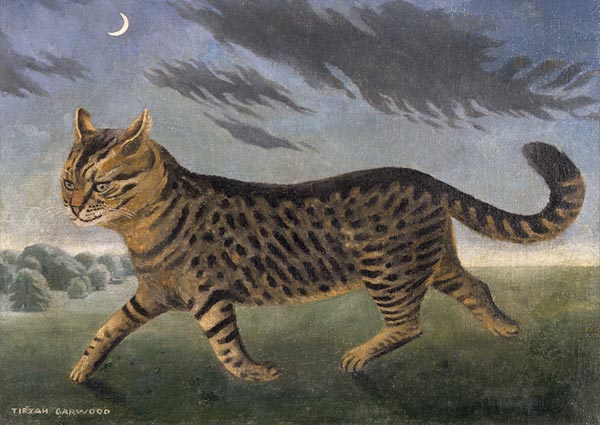
Tirzah Ravilious
Tirzah was born in Gillingham, Kent. After finishing school she attended the Eastbourne School of Art from 1925-1928. It was here that she met Eric Ravilious. In 1928 she moved to London and studied at the Central School of Art. Tirzah was a skilled wood engraver; She was commissioned to produce woodcuts for Kynoch Press and the BBC. Tirzah and Eric married in 1930. In 1931 they left London and moved to rural Essex where they started a family. She gave up her art to raise their children and to support Eric with his career. Thankfully Tirzah’s work is now starting to get the recognition it deserves.

Laura Knight
Dame Laura knight was an English landscape and figurative painter. Laura studied at Nottingham School of Art in 1900, where she met Harold Knight. After marrying in 1903, they joined an artists' colony at Staithes, Yorkshire, before moving in 1908 to Newlyn, Cornwall. In 1936 she became only the second woman elected to full membership of the Royal Academy. Her large retrospective exhibition at the Royal Academy in 1965 was the first for a woman. In her long career, Knight was among the most successful and popular painters in Britain. Her success in the male-dominated British art establishment paved the way for greater status and recognition for women artists. She was also greatly interested in, and inspired by, marginalised communities and individuals, including Romani people and circus performers.
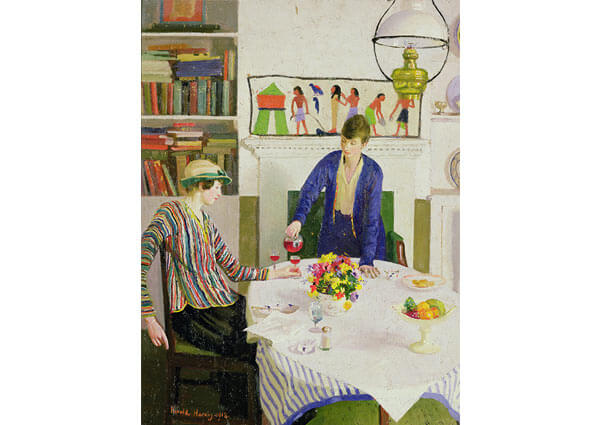
Harold Harvey
Harold Harvey was a Newlyn School painter who painted scenes of Cornish fishermen, farmers and miners and Cornish landscapes. He was born in Penzance and trained at the Penzance School of Arts and the Académie Julian in Paris. After completing his schooling in Paris, Harvey returned to Penzance and began working as an artist. In 1911, Harvey married fellow artist Gertrude Bodinnar and they settled in Newlyn. Gertrude became an artist in her own right in a wide range of visual and textile arts. Harvey never achieved his due critical acclaim. However, he was a regular exhibitor at the Royal Academy from 1898-1941 and held several one-man exhibitions in London, at the Mendoza Galleries, Barbizon House and the Leicester Galleries.
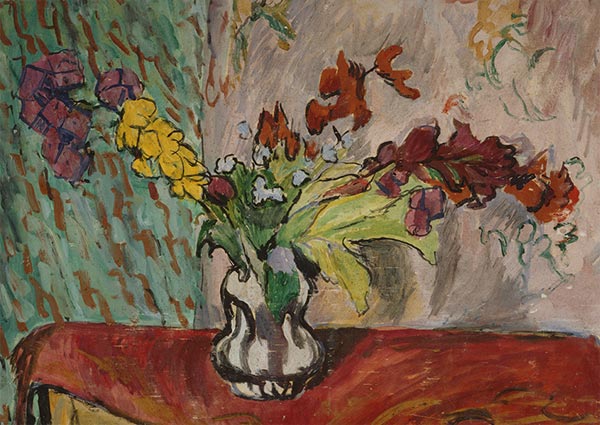
Vanessa Bell
Vanessa Bell was an English painter, member of the Bloomsbury Group and the sister of Virginia Woolf. In 1904, Vanessa and her siblings moved to Bloomsbury, where they met and began socialising with the artists, writers and intellectuals who would become known as the Bloomsbury Group. In 1907, she married fellow Bloomsbury member Clive Bell. Vanessa, Clive, the painter Duncan Grant and the writer David Garnett moved to the Sussex countryside shortly before the outbreak of the First World War, and settled at Charleston Farmhouse near Firle. In 1912, alongside Picasso and Matisse, Bell exhibited her work in the Second Post-Impressionist Exhibition at the Grafton Galleries, London.




